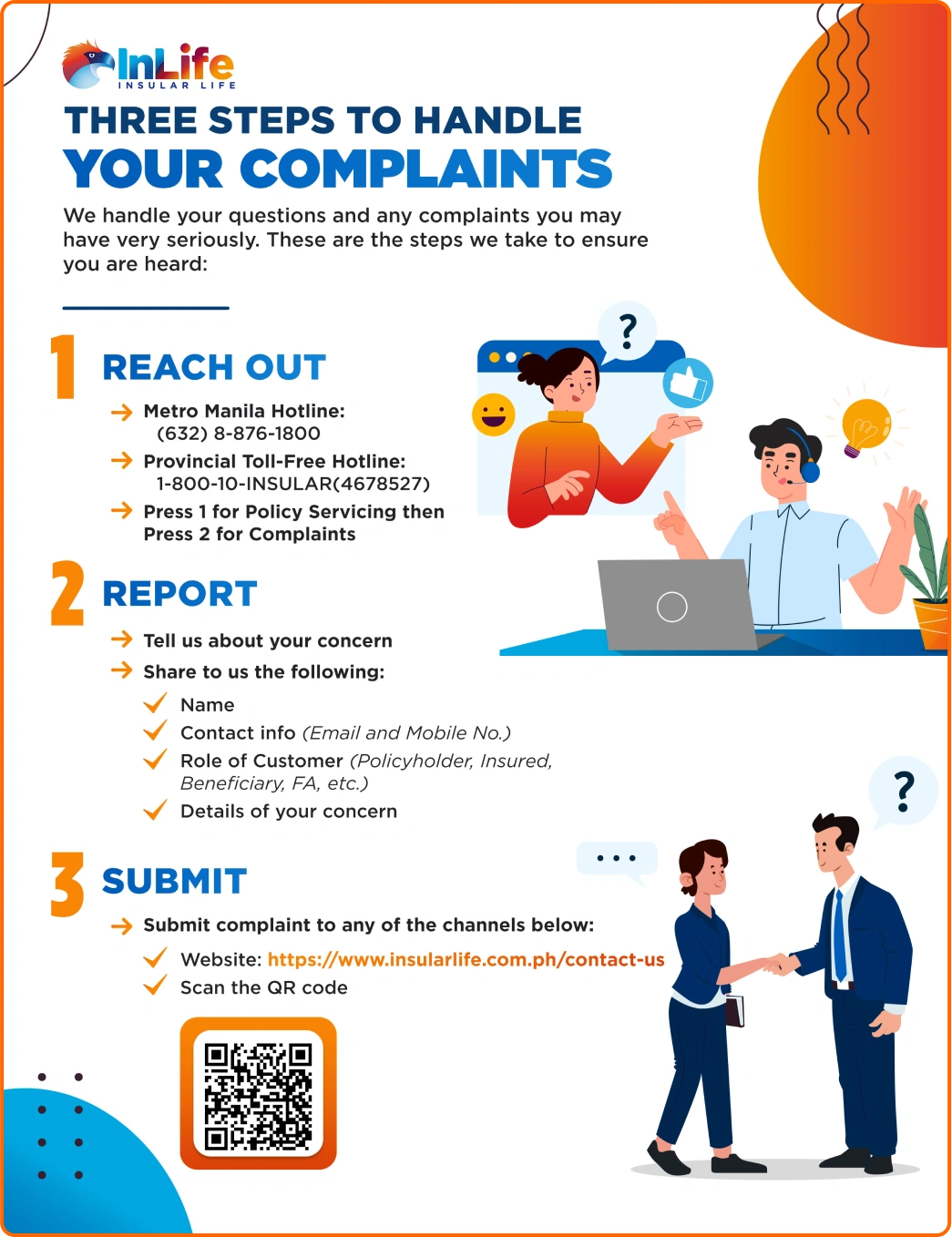Signs of Burnout at Work and What to Do About It
Signs of Burnout at Work and What to Do About It

Burnout is a real problem in the workplace. Symptoms can include feeling overwhelmed and stressed, feeling cynical or negative about your job, and losing interest in your work.
How to tell if you're burnt out at work
If you're feeling exhausted and unhappy at work, it's possible that you're experiencing burnout. Burnout is a state of physical, emotional, and mental exhaustion caused by excessive stress. If you're worried that you might be experiencing burnout, here are some signs to look out for.
• You're constantly tired and have no energy
• You feel negative or hopeless about your work
• Your productivity has decreased
• You're irritable and easily frustrated
• You have trouble concentrating
• You've lost interest in things you once enjoyed
• You're experiencing physical symptoms such as headaches, chest pain, or stomach problems
If you're experiencing any of these symptoms, it's important to take steps to address the issue. You might need to take a break from work, talk to your supervisor about your workload, or see a therapist to help you manage your stress. By taking action now, you can prevent burnout from becoming worse and causing long-term damage to your health and well-being.
How to handle work burnout
Signs of burnout at work can be subtle at first, but if left untreated they can lead to big problems. So, how do you handle work burnout?
1. The first step is to take a step back and assess your situation. Are there any specific things that are causing you stress or making you feel overwhelmed? Once you've identified the source of the problem, you can start to come up with a plan to address it.
2. If your workload is the cause of your stress, try talking to your boss about ways to lighten your load. If you're struggling to keep up with deadlines, see if there's any way you can get help from co-workers or ask for an extension.
3. If you're feeling cynicism or negativity towards your job, try to find ways to connect with your work in a more positive way. Make a list of the things you like about your job and look for opportunities to do more of those things.
4. And if you've lost interest in your work, think about what used to interest you and try to find ways to incorporate that into your job. Maybe you can start taking on new projects or volunteering for extra assignments.
The most important thing is to be proactive. If you ignore the warning signs of burnout, it can lead to bigger problems down the road. So, take some time to assess your situation and come up with a plan to address the problems you're experiencing. You'll be glad you did.
At the end of the day, remember that you’re only human and are not built to be running at maximum capacity at all times. While you may feel guilty about taking a break (which you shouldn’t feel guilty about at all), oftentimes, this is the best decision to make for your physical, mental, and emotional well-being.
You can totally be an achiever at work, but don’t forget to take care of yourself while doing so!







